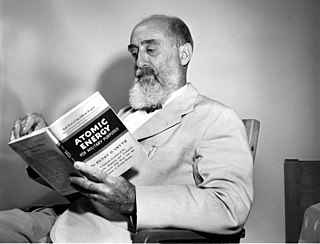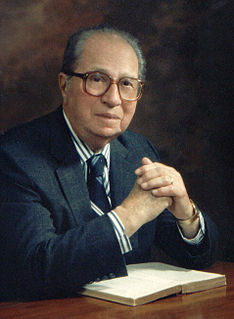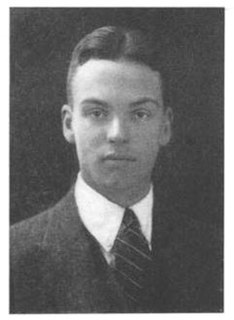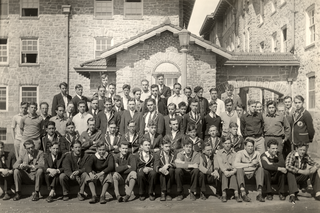 W
WGreat books are written publications that have been accepted by modern day scholars as the essential foundation of literature in Western culture. The Merriam-Webster Dictionary defines them as certain classics of literature, philosophy, history, and science that are believed to contain the basic ideas of western culture. Over the years it has become customary for institutes of higher education to incorporate these readings into their curriculum. The reason for the study of these classical texts is to both allow and encourage students to become familiar with some of the most revered authors throughout history. This helps to ensure that students and newly found scholars are equipped with a plethora of resources to utilize throughout their studies.
 W
WMortimer Jerome Adler was an American philosopher, educator, and popular author. As a philosopher he worked within the Aristotelian and Thomistic traditions. He lived for long stretches in New York City, Chicago, San Francisco, and San Mateo, California. He taught at Columbia University and the University of Chicago, served as chairmain of the Encyclopædia Britannica Board of Editors, and founded his own Institute for Philosophical Research.
 W
WGreat Books of the Western World is a series of books originally published in the United States in 1952, by Encyclopædia Britannica, Inc., to present the Great Books in a 54-volume set.
 W
WThe Harvard Classics, originally known and marketed as Dr. Eliot's Five-Foot Shelf of Books, is a 50-volume series of classic works from world literature, important speeches, and historical documents compiled and edited by Harvard University President Charles W. Eliot. Dr. Eliot believed that a careful reading of the series and by following the included 11 reading plans in Volume 50 would offer a reader, in the comfort of home, the benefits of a liberal education, entertainment and counsel of the greatest creative minds the world has seen. The included works encompass more than 2,000 years of the world's greatest poetry, drama, history, philosophy, speeches, and scriptures for English readers exceeding 22,000 pages. The full set brings together more than 1,850 works by over 300 masters of thought and letters, and includes a General Index containing upwards of 76,000 subject references.
 W
WRobert Maynard Hutchins, was an American educational philosopher. He was president (1929–1945) and chancellor (1945–1951) of the University of Chicago, and earlier dean of Yale Law School (1927–1929). He was the husband of novelist Maude Hutchins. Although his father and grandfather were both Presbyterian ministers, Hutchins became one of the most influential members of the school of secular perennialism.
 W
WShimer College was an American great books college founded in 1853 as the Mt. Carroll Seminary in Mount Carroll, Illinois. It was acquired by North Central College in 2017.
 W
WThe University of Wisconsin Experimental College was a two-year college designed and led by Alexander Meiklejohn inside the University of Wisconsin–Madison with a great books, liberal arts curriculum. It was established in 1927 and closed in 1932. Meiklejohn proposed the idea for an alternative college in a 1925 Century magazine article. The magazine's editor-in-chief, Glenn Frank, became the University of Wisconsin's president and invited Meiklejohn to begin the college within the university. Despite pushback from the faculty, the college opened in the fall of 1927 with a self-governing community of 119 students and less than a dozen faculty. Students followed a uniform curriculum: Periclean Athens for freshmen and modern America for sophomores. The program sought to teach democracy and to foster an intrinsic love of learning within its students.